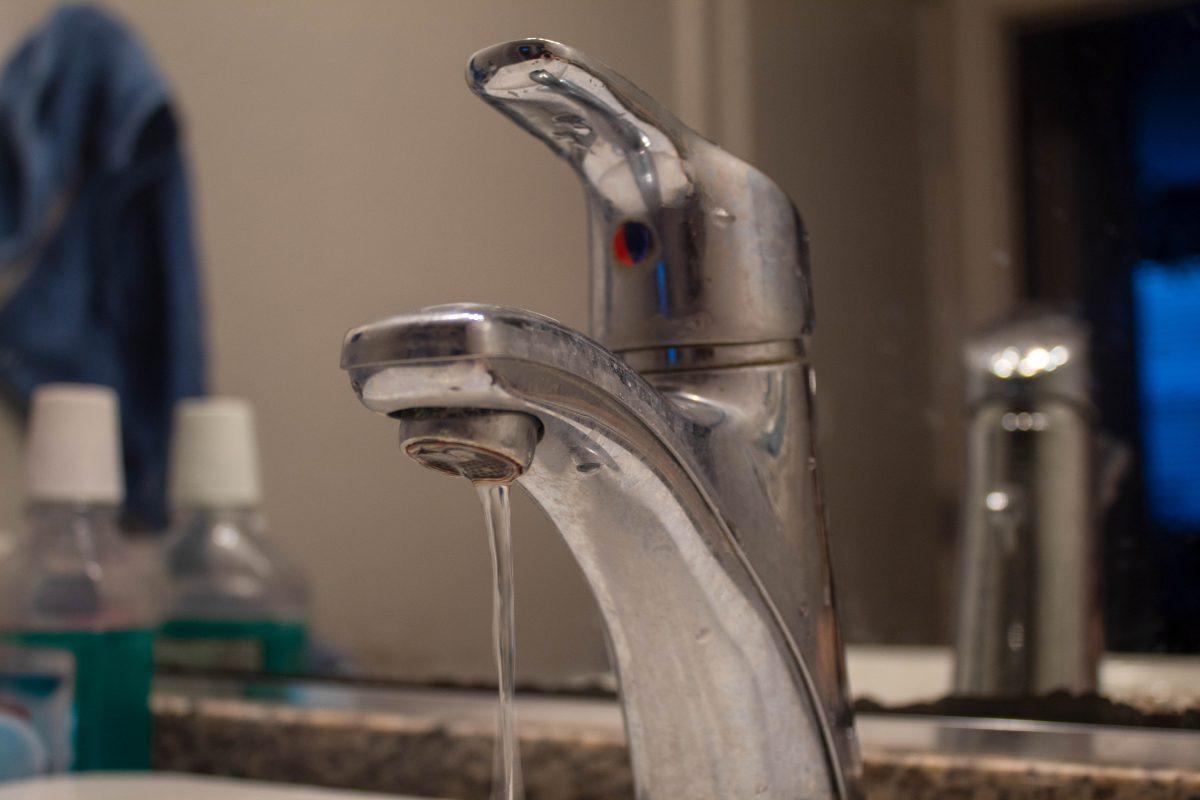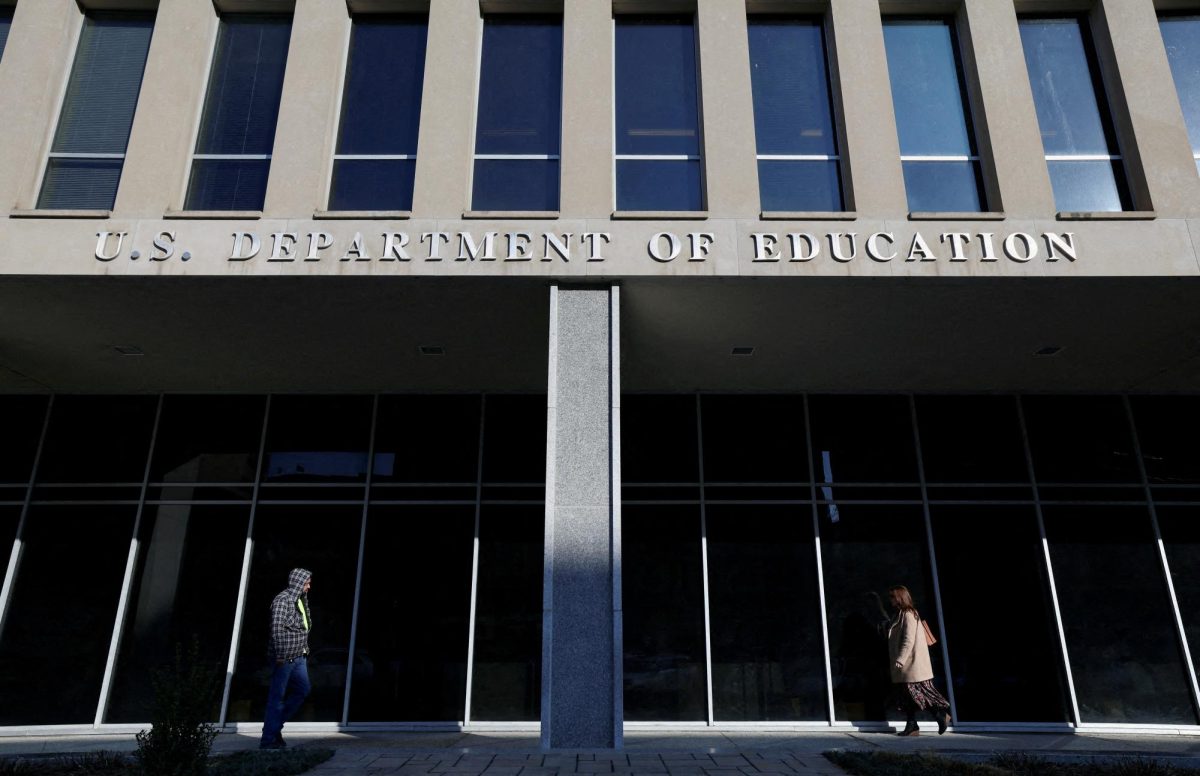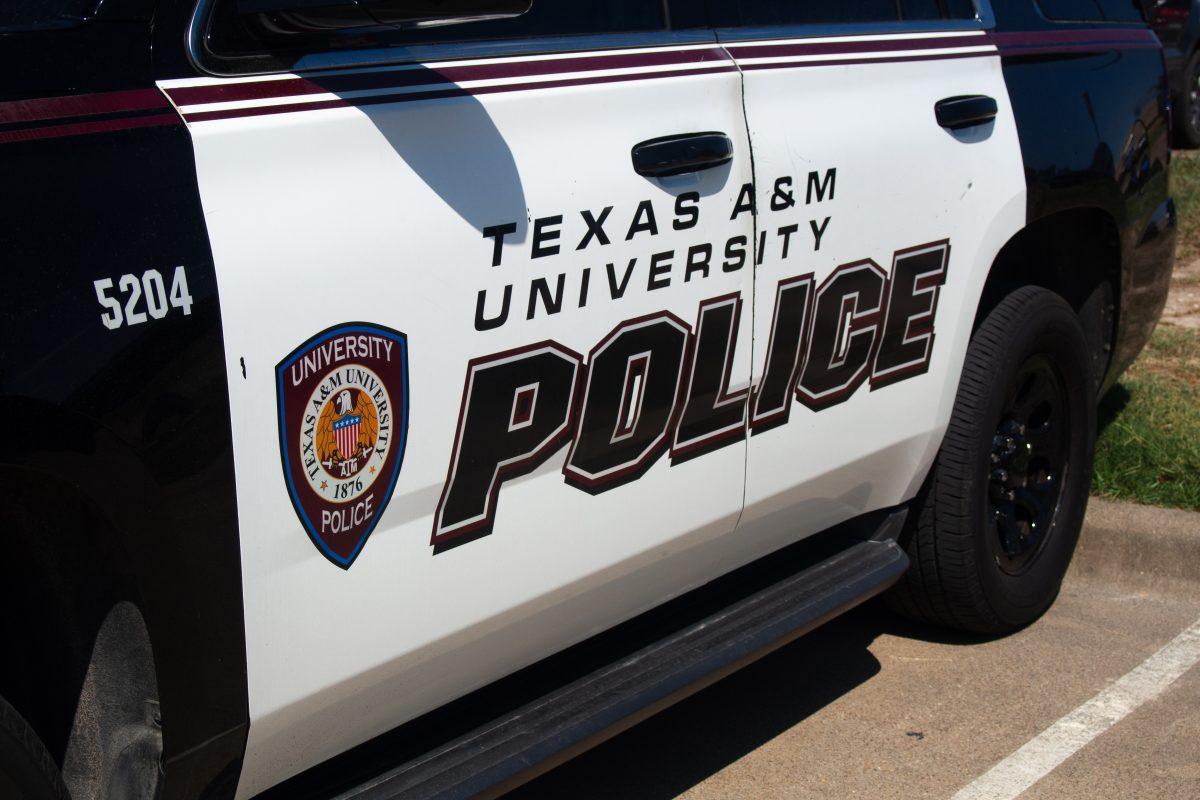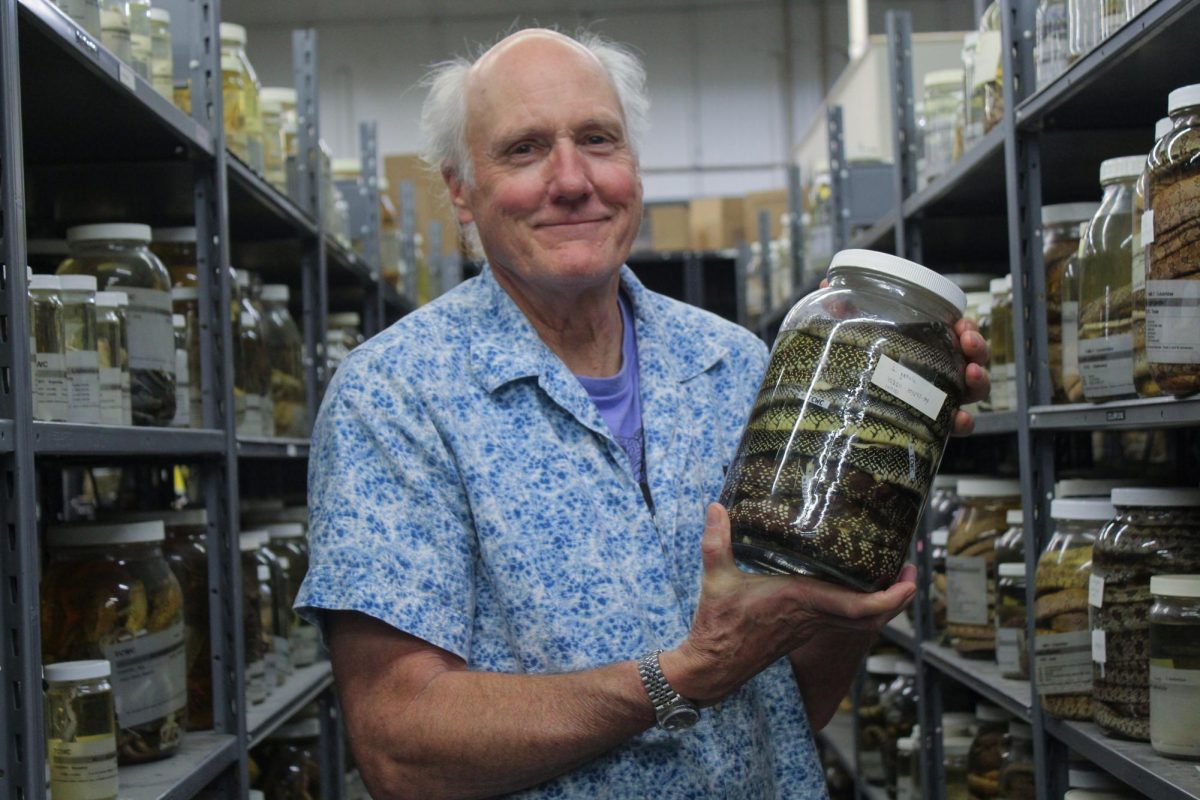College Station water is one the most debatable topics at Texas A&M. Some love it and some hate it, but what gives the water its unique taste?
According to the College Station Water Quality Report from 2021, College Station drinking water comes from the Simsboro, Carrizo and Sparta Aquifers, located in northwest Brazos County. The drinking water is tested regularly by the Texas Commission on Environmental Quality and the U.S. Environmental Protection Agency.
A&M Professor of Rangeland, wildlife and fisheries Ron Kaiser said there is a very simple explanation for why College Station water tastes unique to some people.
“The city of College Station water is drawn from aquifers deep underground, upwards of 2000 feet, and as this water travels through an aquifer, it dissolves certain materials,” Kaiser said. “The predominant element is sodium chloride, or salt.”
This salt gives College Station water its distinct taste. Although it sounds precarious, Kaiser said residents should be assured the water is totally safe to drink.
“Our water is pure and is really high quality water,” Kaiser said. “It generally has no bacteria or pathogens in it because it has been in the ground for hundreds and hundreds of years. It comes out of the ground in Bryan-College Station at about 118 degrees, so both cities have to cool it down before it can be sent through the distribution system.”
Some students also complain about the feeling of the water. This also has an explanation, Kaiser said.
“Our water is really clean but it tends to be a little softer because of the presence of sodium chloride,” Kaiser said. “If you grew up in the San Antonio area, their aquifer is predominantly limestone, so it comes out as hard water due to calcium chloride being their predominant substance. If you take a shower in San Antonio, it takes a lot more soap to lather your hair, where in College Station, it takes just a little bit.”
Although the water is potable, many College Station residents and A&M students are still hesitant to drink it, such as management information systems sophomore Chloe Cooper.
“I don’t drink College Station water, I don’t trust it,” Cooper said.
Cooper’s opinion seems to be popular at A&M. Civil engineering junior Abdullah Alhalaseh said he agreed with Cooper’s sentiments.
“Well I don’t drink College Station water because it is horrible,” Abdullah said. “I’ve never drank the tap water in College Station.”
An option for residents who do not like the taste of the water is to use a filter. Director of the Program on Environment and Sustainability professor Virvender Sharma said he uses a filter for water at home.
“Most times, I use a filter and drink the water from that,” Sharma said. “But it’s not that cheap either, depending on what type of filter you use.”
Students are also using popular filters to find alternatives to drinking the tap water. Economics sophomore Bailey Ryllee said she prefers using her filter, as opposed to the tap water.
“I don’t like the College Station water,” Ryllee said.“My roommates and I use a Brita filter in our apartment and drink from that instead.”
Although this water debate seems to be mostly one-sided — with most A&M students stating they dislike the unique, salty taste of College Station water — there is no debate about the safety of the water, just its interesting taste.
“[Bryan-College Station residents] and [students] at Texas A&M are very fortunate to have access to large amounts of high quality groundwater,” Kaiser said. “Our water has been graded and rated very high by the Texas Commission on Environmental Quality.”










